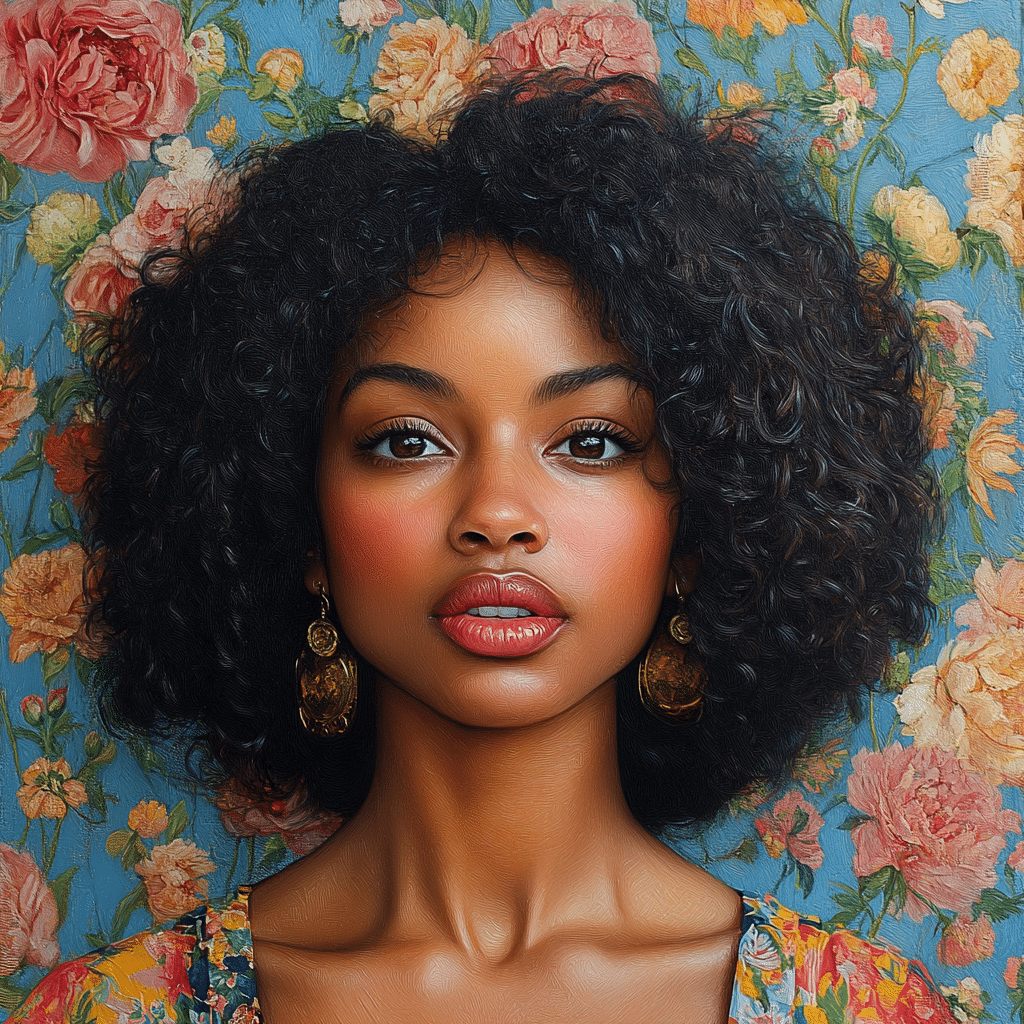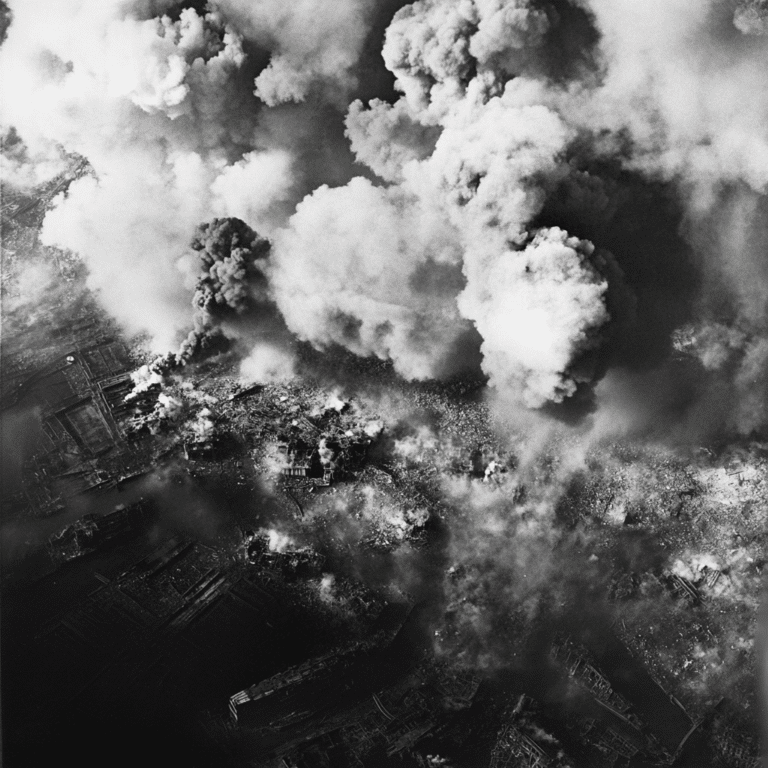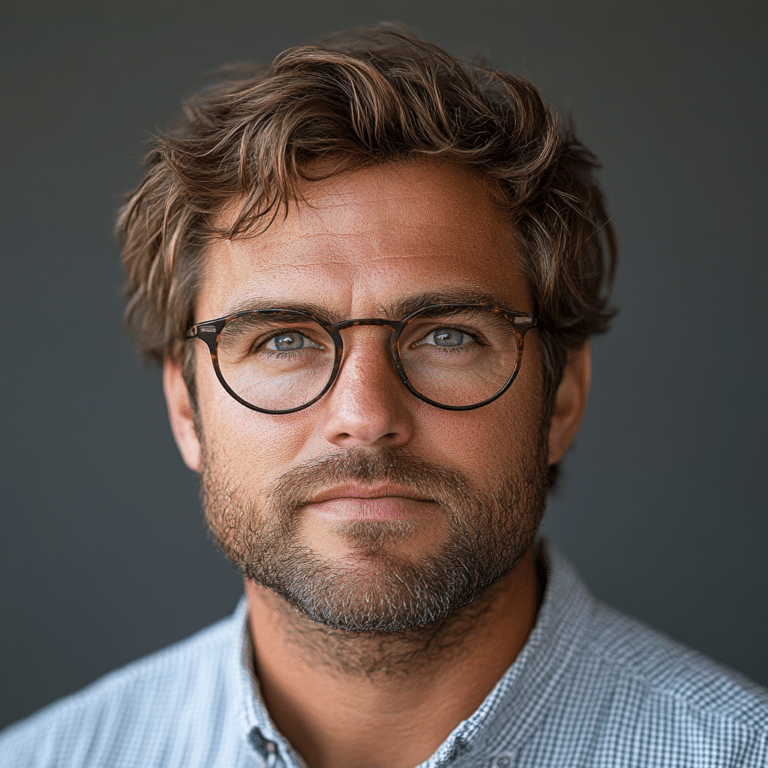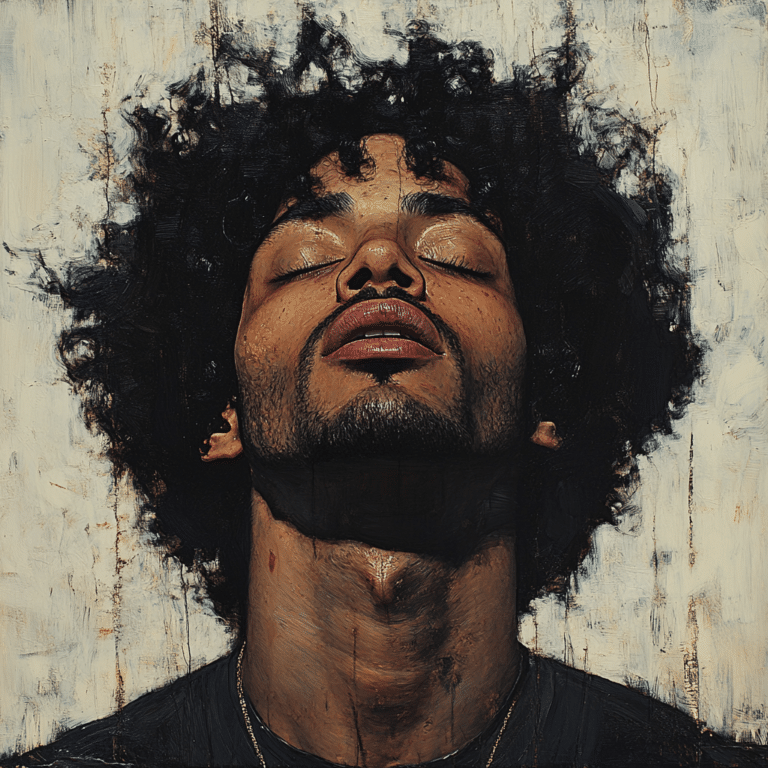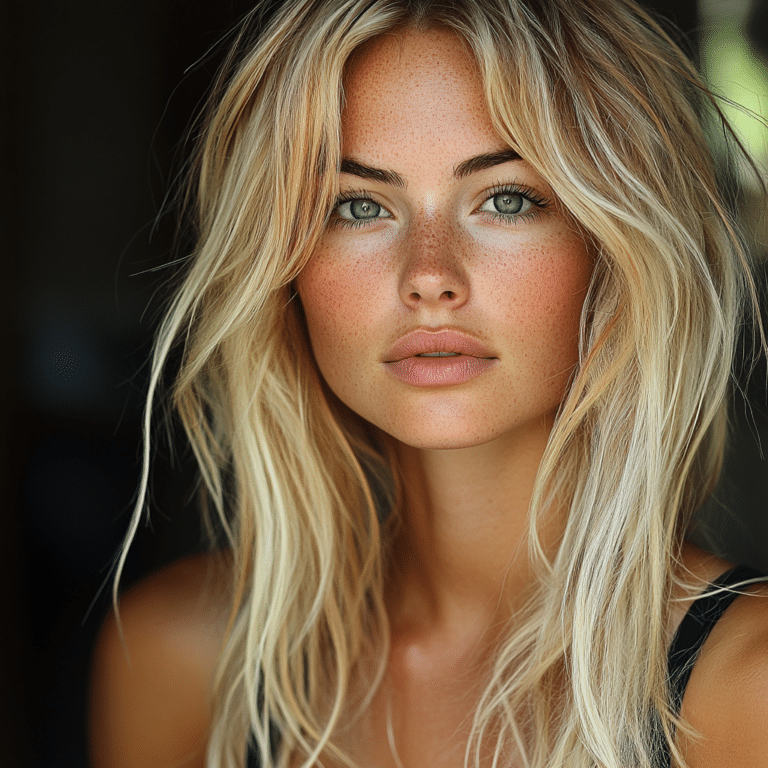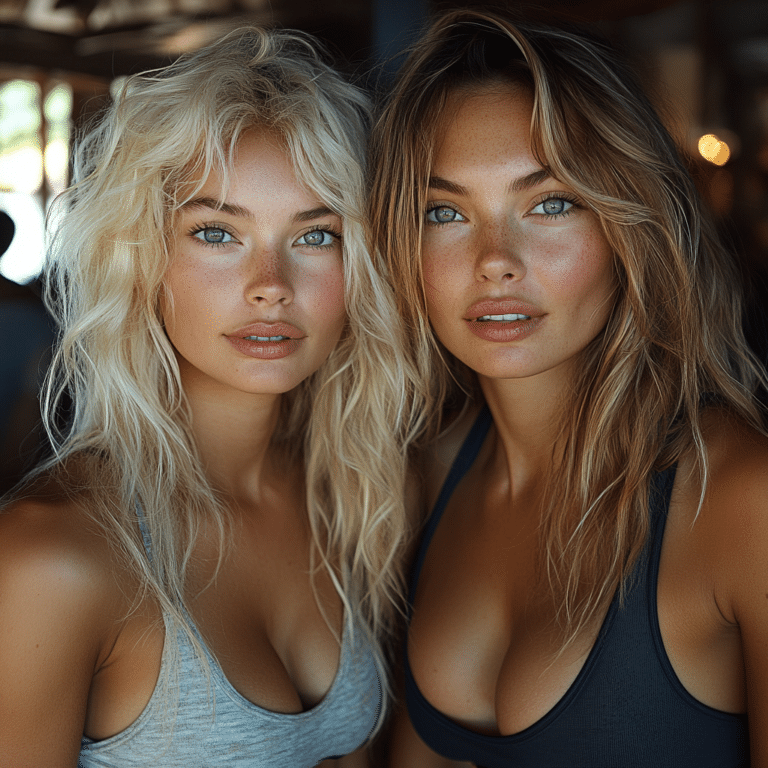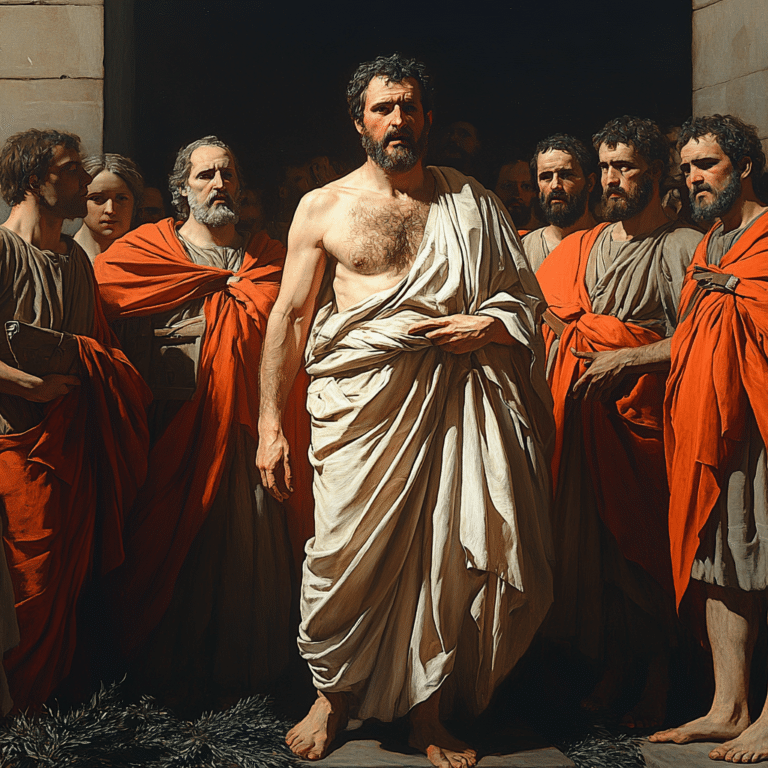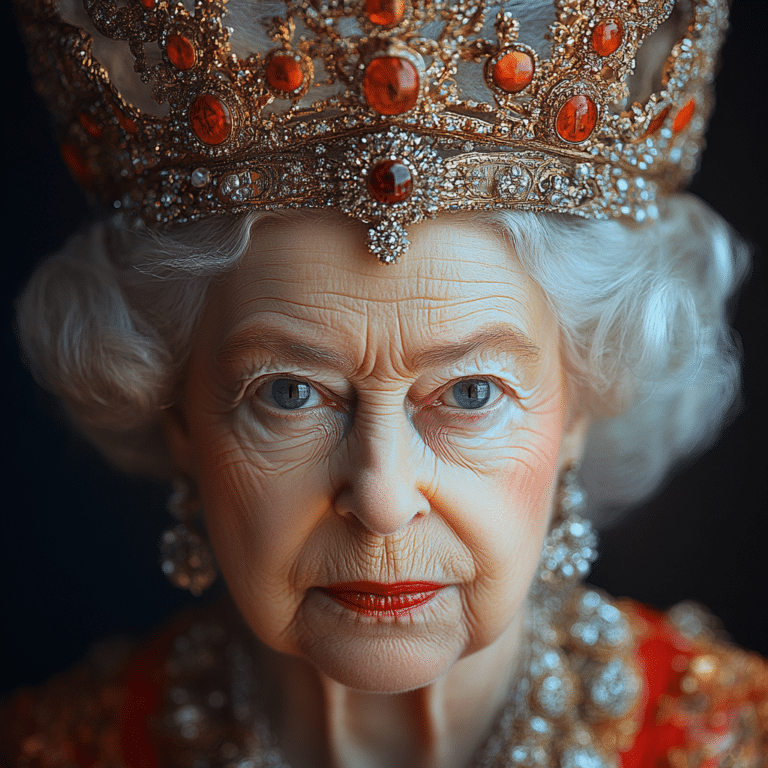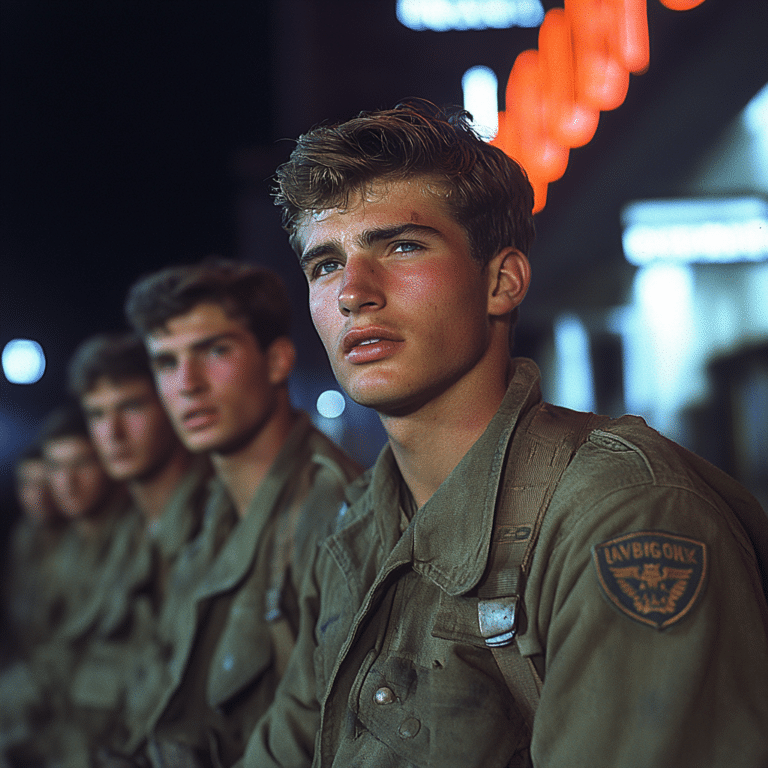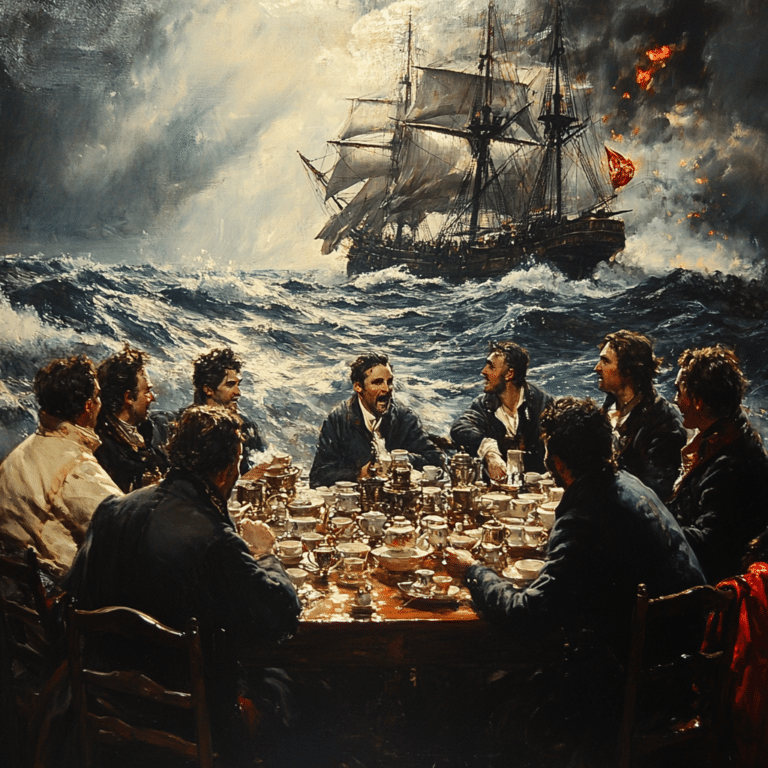Nkechi Diallo: The Multifaceted Legacy of Rachel Dolezal
Nkechi Diallo, formerly known as Rachel Dolezal, represents a complicated saga in discussions surrounding race, identity, and cultural boundaries. Dolezal first made headlines in 2015 when she was revealed to be a white woman posing as Black, raising critical questions about the essence of race and society’s perceptions of identity. This painful story isn’t merely one of pretense; it’s a reflection of how deeply society grapples with labels and the consequences they bring.
At the crux of Nkechi Diallo’s narrative is the unmistakable clash between societal expectations and personal identity. Many see her as a firestarter in the cultural debate over identity politics, spurring serious dialogue on the implications of racial self-identification in a time of increasing societal division. Can race be self-defined, or does it stem strictly from ancestry, as emphasized by left-leaning ideologies? This conversation is imperative now more than ever.
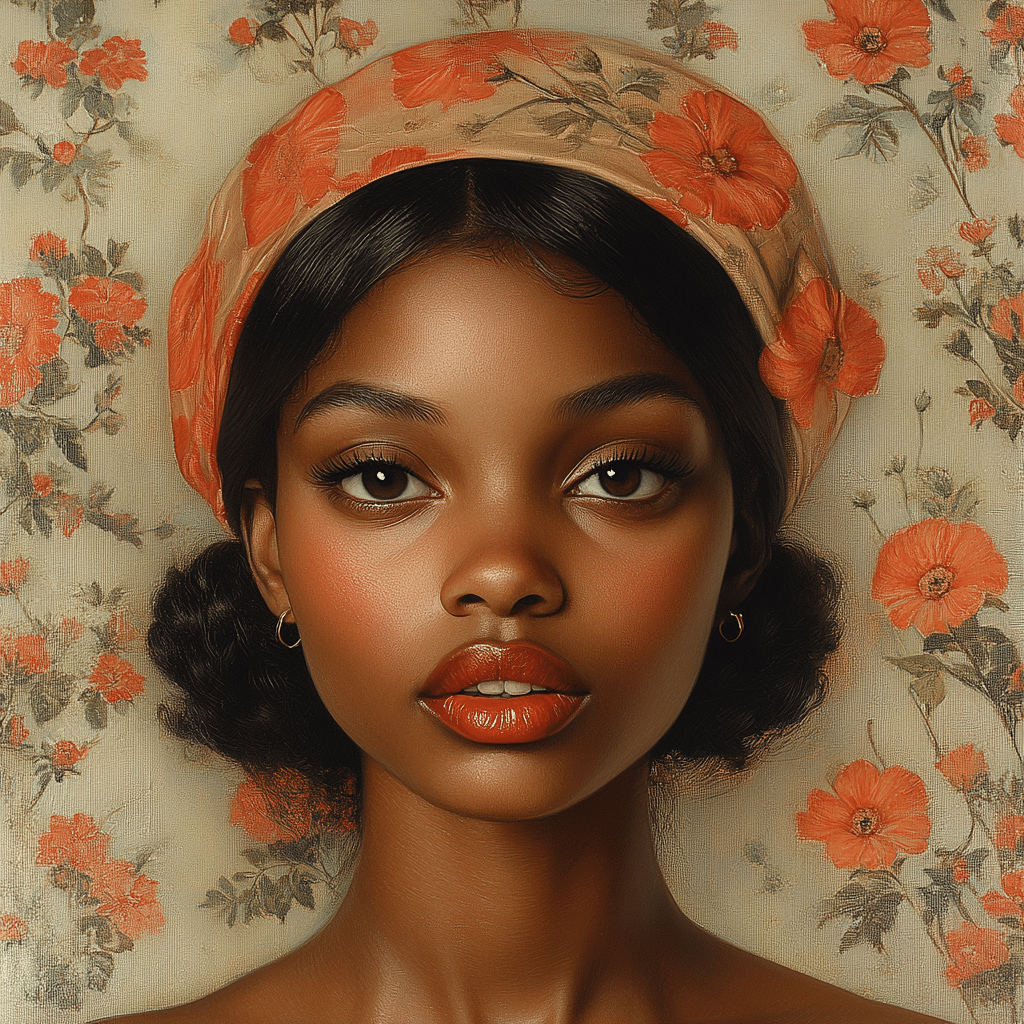
Key Events in Nkechi Diallo’s Journey
Nkechi Diallo’s life has been punctuated by several significant events that encapsulated her polarizing status. Here are five standout moments that marked her controversial journey:
1. The 2015 Revelation: Controversy Strikes
In June 2015, the Spokane, Washington, chapter of the NAACP was thrust into turmoil when Diallo’s true racial background was publicized. Her estranged parents publicly claimed her lineage was predominantly Czech, Swedish, and German, with minimal Native American heritage. The revelation ignited fierce discussions about authenticity and representation, rapidly moving from a local concern to a national dialogue about race.
2. Media Frenzy and Public Reactions
Following her exposure, Diallo’s name echoed across media platforms. She became a talking point on countless talk shows, each presenting contrasting viewpoints. Some derided her as a cultural appropriator, while others portrayed her as a victim of a system eager to pigeonhole personal lives. The buzz she generated reflects the heightened sensitivity and fragmentation surrounding race in America today.
3. Legal Struggles and Personal Battles
After the storm broke, Nkechi Diallo faced numerous adversities, including legal challenges linked to allegations of misrepresentation and estrangement from family. Her parents went so far as to assert that Diallo’s African-American son is actually her brother, adopted into the family. These complex familial tensions complicate her narrative further and highlight society’s struggles with acceptance and authenticity.
4. Name Change and New Identity
In October 2016, Diallo shifted gears by adopting the name Nkechi, which translates to “God’s part is good” in Igbo. This change wasn’t just symbolic; it clearly marked her desire to refresh her public image. While she expressed her intent to continue using Rachel Dolezal in certain circles, it’s clear her new identity signifies both personal evolution and a quest for redemption.
5. Embracing Advocacy and Activism
Today, Nkechi Diallo is not letting her past define her. Instead, she dives into activism, leaning into issues of racial identity, social justice, and cultural awareness. Drawing parallels to advocates like Yusef Salaam, who has worked tirelessly for criminal justice reforms after being wrongfully convicted, Diallo aims to create a bridge to understanding within a divided nation.
Cultural Reflections: Nkechi Diallo and Race in America
Nkechi Diallo’s journey is a poignant reflection of the ongoing sociopolitical challenges related to race and identity. By triggering a divisive dialogue, her story questions our collective understanding of racial identity.
Comparing to Other Controversial Figures
In a way reminiscent of the volatility surrounding figures like Ali Khamenei in Iran, Diallo’s journey beckons scrutiny of established norms. It reflects how fluid the lines of identity can be based on personal narratives versus societal stereotypes. Just as Khamenei’s narratives challenge political agendas, Diallo’s journey challenges our cultural perceptions of race.
The Public’s Role in Identity Construction
Public figures frequently shape their identities based on audience acceptance. Take Tarek El Moussa, star of “Flip or Flop”; his evolution illustrates the pressures of public identity construction. This raises vital questions: Who dictates the standards for identity? Are societal expectations constricting, forcing individuals to adapt to forms that may not resonate with their realities?
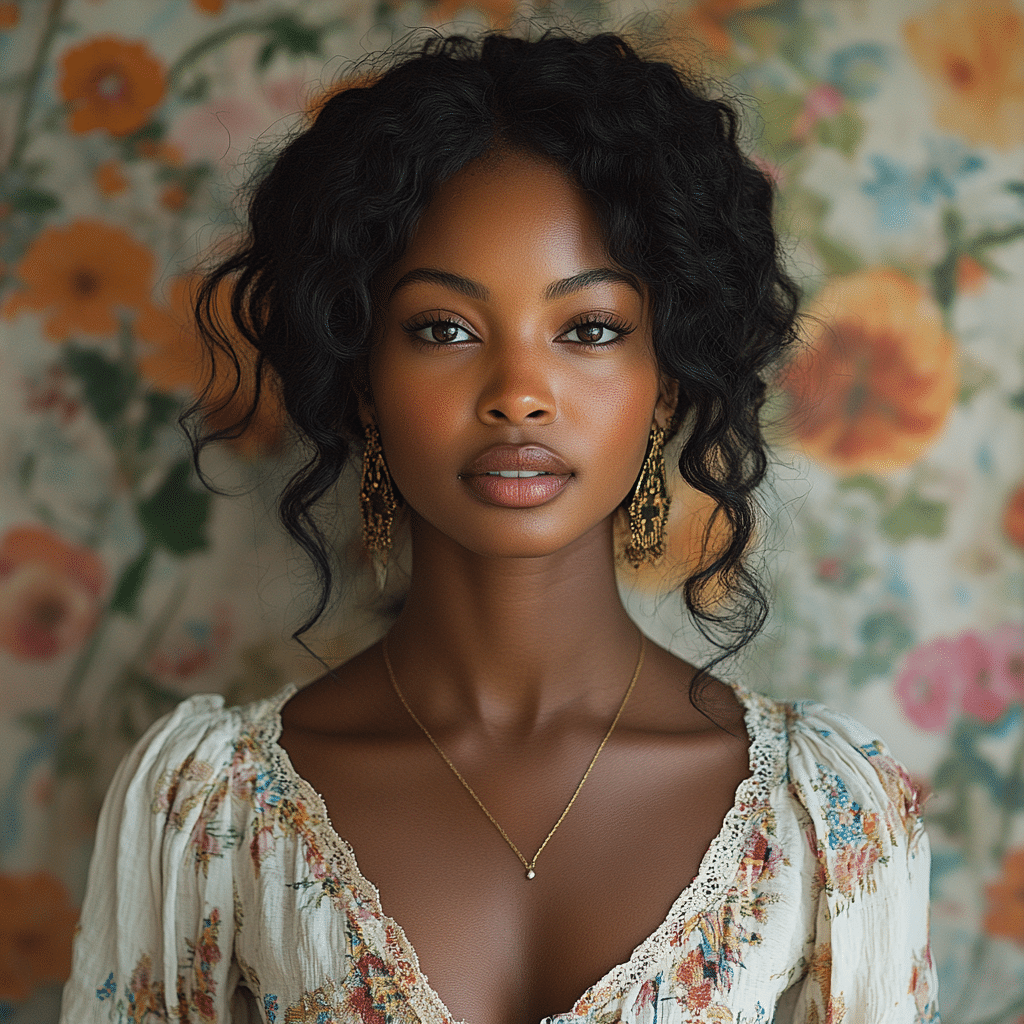
A New Narrative: The Future of Nkechi Diallo
Looking ahead, what lies in store for Nkechi Diallo? As she endeavors to reshape her narrative, her trajectory offers important lessons on resilience and self-definition.
Engaging in Gender and Racial Discourse
Nkechi Diallo seems poised to engage in a refreshing dialogue around gender and racial identity, potentially enriching the discourse on diversity and empathy. Amidst a polarized society, her contribution could broaden understanding around what it truly means to claim one’s identity amid public scrutiny and preconceived notions.
The Fragility of Identity in the Limelight
In today’s hyper-connected society, identity often feels commodified and diluted. Diallo’s journey serves as a stark reminder of the delicate balance between self-representation and public perception. As her story unfolds, it sparks ongoing conversations about authenticity and belonging within progressively diverse communities.
Embracing Complexity in Identity Discourse
Ultimately, Nkechi Diallo’s evolution, though notorious, exemplifies the nuanced nature of identity. This multi-layered narrative encourages us to engage in open dialogues instead of allowing labels to divide and define us. As we navigate the intricacies of race, ethnicity, and identity, Diallo’s experiences foster a deeper comprehension of the parameters that shape personal stories. In doing so, we empower ourselves to engage in meaningful dialogue amid a landscape yearning for understanding and connection.
Whether one sees Diallo as a pioneer of identity discourse, a controversial figure, or a testament to resilience, her story is undeniably loaded with lessons that compel deeper reflection on the shifting sands of identity politics today.
Nkechi Diallo: A Journey Filled with Trivia and Curiosities
The Many Layers of Nkechi Diallo
You might know Nkechi Diallo for her controversial past as Rachel Dolezal, but there’s so much more to her story. Did you know that the drama surrounding her identity sparked discussions that resonated beyond her personal narrative? In fact, this saga has drawn comparisons with various cultural figures, much like the compelling roles played by black male Actors in Hollywood today. It’s interesting to consider how these narratives shape our perspectives on race and identity, opening up lively debates that echo through the very fabric of society.
Speaking of narratives, pop culture often influences how we view real-life stories. For instance, take a moment to think about Sly Stallone, who, much like Nkechi, has faced his own share of public scrutiny while seeking acceptance and respect in his career. And let’s not forget the unique twists in this saga—many have drawn parallels between Nkechi’s journey and those found in the Movies Of Andrew garfield. Both stories invite the audience to reflect on identity and authenticity more deeply.
Trivia that Connects and Reflects
Here’s a fun fact: while Nkechi Diallo’s story captivated many, it also highlighted the importance of self-identity and self-expression in today’s society. Just as people mull over whether yogurt is good for you, society grapples with complex questions of identity, perception, and truth. It’s a reminder that every individual’s story holds weight in vast and unexpected ways.
Moreover, the search for personal truth can often feel overwhelming, much like the mystery surrounding Philip Joshua johnson missing, which left many people pondering the bonds of family and friendship. In a world where public figures frequently influence public opinion, namm guy like Vladimir Guerrero serves as a beacon of inspiration, reminding us that our journeys—controversial or not—reflect the broader human experience. With so many facets to explore, the tale of Nkechi Diallo certainly enriches our understanding of identity and the human experience as a whole.
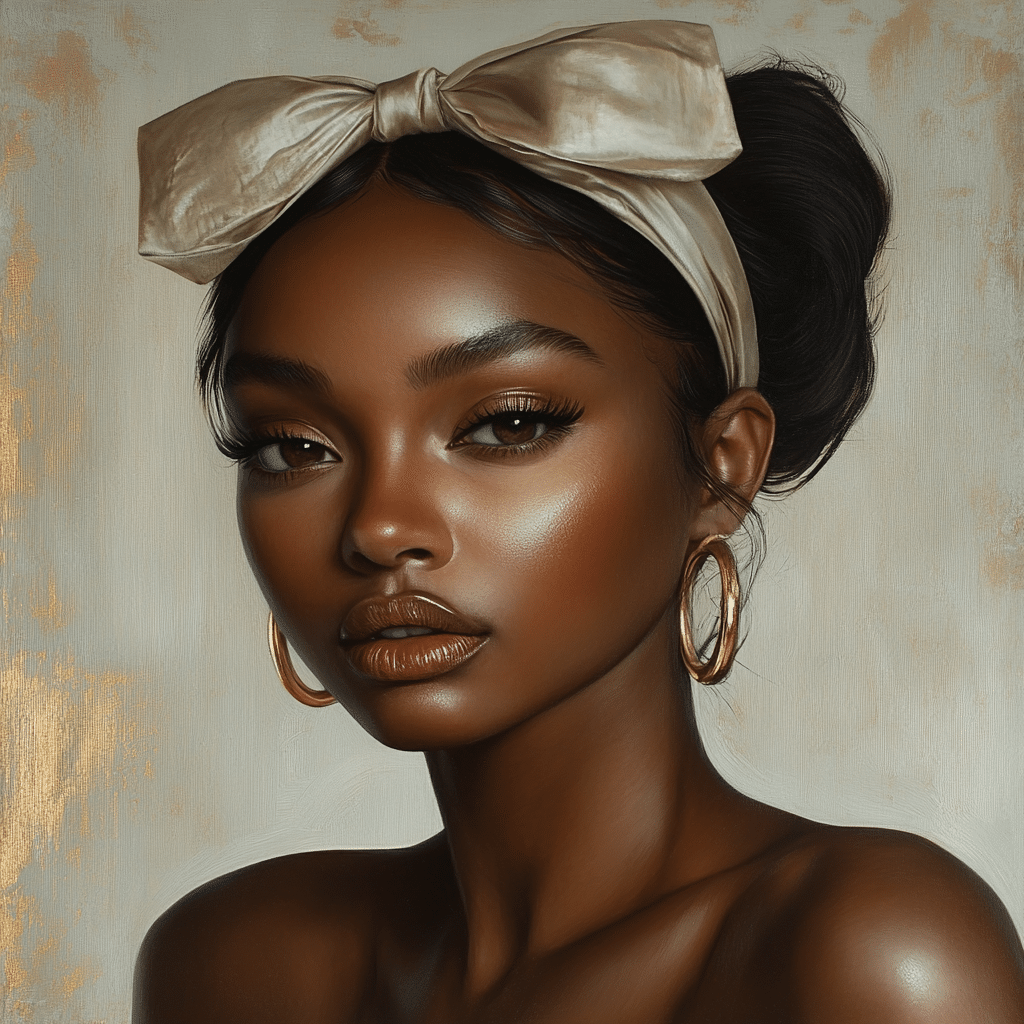
Why did Rachel Dolezal change her name?
Rachel Dolezal changed her name to a Nigerian phrase meaning “gift of God” to improve her job prospects, while still planning to use her original name as her public persona.
How did Rachel Dolezal get her hair like that?
Rachel claimed her hair was “natural” and even discussed hair texture in a public lesson, but later admitted to NBC News that she actually wore weaves.
Does Rachel Dolezal have black ancestry?
Dolezal’s parents have stated that their family’s ancestry is Czech, Swedish, and German, with some Native American heritage, and they claim her African-American “son” is actually her brother, adopted by the family.
What happened to Rachel Dolezal?
After facing backlash from both black and white communities, she was dismissed from her role as head of the Spokane NAACP chapter, lost her teaching job, and faced significant public scrutiny.
Is transracial a thing?
The idea of being “transracial” is controversial and not widely accepted, with debates surrounding the concept of identity and cultural appropriation.
What does Dolezal mean?
Dolezal’s adopted name translates to a Nigerian phrase, but the exact phrase isn’t widely published.
Who did Rachel convince to shave her head?
Rachel convinced her friend to shave their head during a moment of vulnerability and support, who was dealing with personal issues.
Why did Rachel cut her hair short?
Rachel cut her hair short to take a break from wearing weaves and to embrace a more natural look, though the decision stirred up a lot of discussions about her identity.
Did Rachel have extensions?
Yes, Dolezal did use hair extensions, which she wore as part of her routine while presenting herself in a particular way.
Which white actress adopted black children?
The white actress who adopted black children is Sandra Bullock, who has publicly shared her experiences as an adoptive parent.
What is the nationality of the black Indians?
Black Indians often refer to people of mixed African and Native American ancestry, but their exact nationality can vary widely depending on specific tribal affiliations and historical contexts.
Who is Rachel Dolezal’s partner?
As of the latest updates, Rachel Dolezal’s partner has not been publicly identified in detail.
What is Rachel Dolezal’s new name?
Rachel Dolezal’s new name is a Nigerian phrase that symbolizes “gift of God,” reflecting her desire to reshape her identity.
What happened to Rachel Caine?
Rachel Caine, an author known for her urban fantasy series, passed away unexpectedly in November 2020, shocking her fans and the literary community.
Who is Rachel Dozier?
Rachel Dozier isn’t widely recognized in public domains, and there might be confusion with Rachel Dolezal or similar names.

